June 03, 2024 | News | Research Visit
Population and Social Data Science Summer Incubator Program 2024
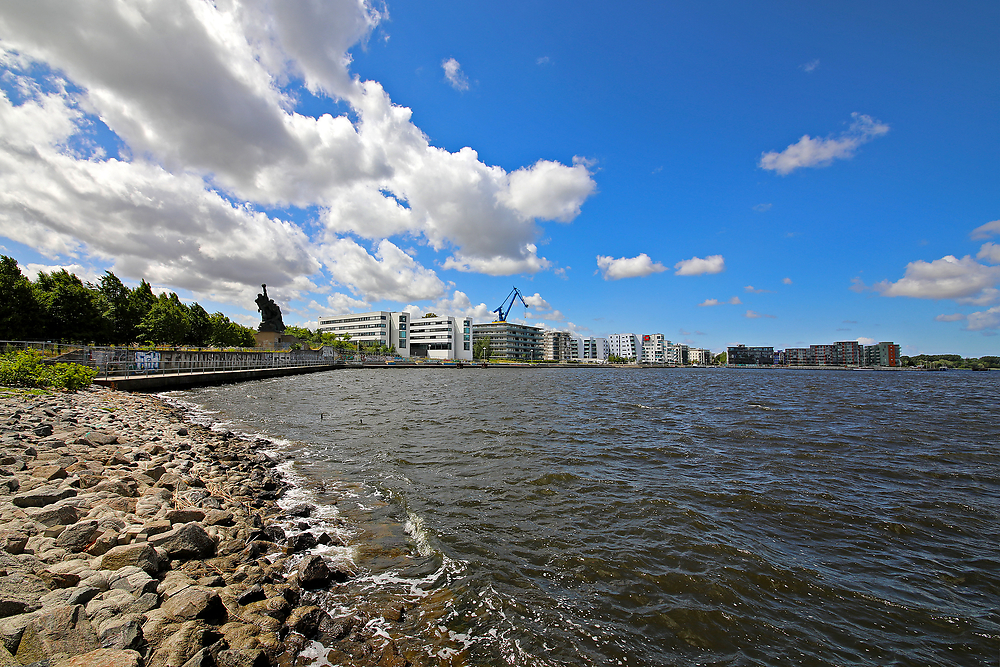
© MPIDR
The Max Planck Institute for Demographic Research (MPIDR) is organizing the Population and Social Data Science Summer Incubator Program, a three-month research visit (from June 3 to August 23, 2024) for a diverse group of PhD and master students.
The goal of the Summer Incubator Program is to enable discovery by bringing together data scientists and population scientists from around the world to work on focused, intensive and collaborative projects of broad societal relevance.
Participating Phd and master students will work in three small teams, with support from experienced mentors, towards a common research goal. The 2024 Incubator Program is coordinated and mentored by Aliakbar Akbaritabar, Monica Alexander (University of Toronto and Max Planck Sabbatical Awardee), Ugofilippo Basellini, Irena Chen, Risto Conte Keivabu, Matt Hauer (Florida State University), Jisu Kim, Daniela Perrotta, and Emilio Zagheni. The program focuses on three main areas: Climate Change and Population Dynamics, Network and Gender Dynamics in Mobility and Migration, and Estimation and Forecasting of Health Indicators in Data-scarce Contexts.
Participating students will be exposed to best practices across social and data sciences while contributing to a hands-on project experience. All participants will also have access to lectures and participate in other scientific activities happening at the MPIDR.
Mentors
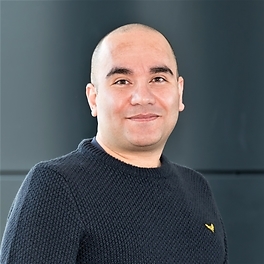
© MPIDR/Wilhelm
Aliakbar Akbaritabar is a research scientist and the deputy head for training in the Department of Digital and Computational Demography at MPIDR. Ali holds a PhD in economic sociology and labor studies from the University of Milan, and a PhD in sociology (social welfare) from the Allameh Tabataba'i University of Tehran. His work focuses on themes related (but not limited) to science of science, scholarly migration, social networks, collaboration networks, and computational social science.
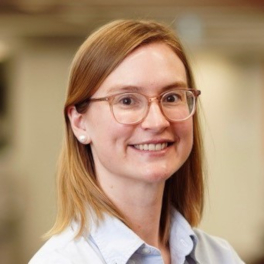
© private
Monica Alexander is an Assistant Professor in Statistical Sciences and Sociology at the University of Toronto. Her research focuses on developing statistical methods to help measure disparities in demographic and health outcomes. She received a PhD in Demography and a Master in Statistics from the University of California, Berkeley. She has worked on research projects with organizations such as UNICEF, UNHCR, and the World Health Organization. Her work has appeared in journals such as Demography, Epidemiology, The Lancet Global Health, and JAMA.

© MPIDR
Ugofilippo Basellini is a Research Scientist and the Deputy Head of the Laboratory of Population Dynamics and Sustainable Well-Being at the Max Planck Institute for Demographic Research. His main research interests are related to statistical demography, with a particular focus on mortality modelling and forecasting, lifespan inequality and formal demographic methods for the study of mortality.
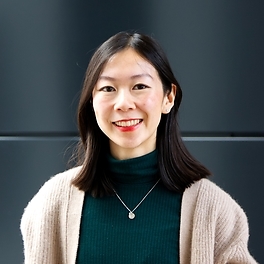
© MPIDR
Irena Chen is a Research Scientist in the Department of Digital and Computational Demography at MPIDR. Her research interests include Bayesian hierarchical models, correlated time series, and latent variable methods with applications in demography, epidemiology, and precision medicine. She received a PhD in Biostatistics from the University of Michigan.

© private
Risto Conte Keivabu is a Research Scientist in the Department of Digital and Computational Demography at MPIDR. Risto holds a PhD in Social and Political Sciences from the European University Institute. His research interests are in climate change, socio-demographic inequalities and demography. More precisely, in his work he tries to understand the population consequences of climate change and environmental exposures.

© private
Matt Hauer is the Charles B. Nam Associate Professor of Sociology at Florida State University and a faculty affiliate in the Center for Demography and Population Health. His expertise is at the intersection of demography, migration, population projections, and climate change.

© private
Jisu Kim holds a PhD in Data Science from Scuola Normale Superiore in Italy. She is currently a research scientist at the Max Planck Institute for Demographic Research (MPIDR) in the Department of Digital and Computational Demography, where her work revolves around developing innovative methods to enhance relevant statistics on international migration using big data analytics. Her primary research areas lie in international (human) migration, data science, and network science.

© MPIDR
Daniela Perrotta is a Research Scientist and the Deputy Head of the Laboratory of Migration and Mobility at the Max Planck Institute for Demographic Research. Daniela completed her PhD in Complex Systems for Life Sciences at the University of Turin, with a fellowship at the ISI Foundation in Italy. Her research mainly focuses on harnessing digital trace data and primary data-collection schemes to study human mobility patterns, population migration, infectious disease spread, and human behaviors during health crises.

© MPIDR
Emilio Zagheni is Director of the Max Planck Institute for Demographic Research. He is best known for his research on combining digital trace data, traditional sources, and new forms of data collection, within solid statistical and formal demographic frameworks, in order to advance population science. In his various professional capacities, he has played a key role in favoring collaboration and exchange between demographers, statisticians and computer scientists.
Participating Students
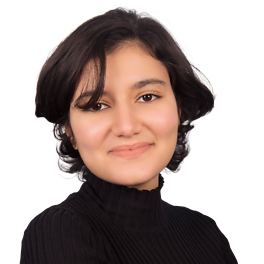
© private
Ola Ali is a PhD candidate at the Complexity Science Hub, where she has been researching the dynamics of migrant networks since 2023. Her primary focus lies in identifying the driving factors of migration and examining its wide-ranging impact on the social, economic, and political structures of both origin and destination countries. Ola holds a bachelor’s degree in physics from Cairo University and a master’s degree in the physics of complex systems from the Institute for Cross-Disciplinary Physics and Complex Systems (IFISC).

© private
Domenico Bovienzo is a PhD Student in Science and Management of Climate Change at Cà Foscari University and a research member in the Risk Assessment and Adaptation Strategies Division (RAAS) at Euro Mediterranean Centre for Climate Change (CMCC). His main research interest is on the relationship between Climate Change, Food Security and Human Mobility in less developed countries with a focus on drought events. He holds a MRes in Science and Management of Climate Change from Cà Foscari University, a MSs in Political and International Sciences from the University of Siena and a BSc in Economics from the University of Verona.
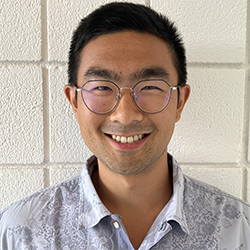
© private
Charles Cui is a PhD candidate in the Department of Computer Science at Northwestern University. His research interests lie in human-computer interaction, data science, and data visualization. Currently, he uses large language models and data science methods to build education technologies for data visualization. He is also interested in developing technology for social good and has been part of EAAMO Bridges, Data Science for Social Good, and Stanford’s RegLab.
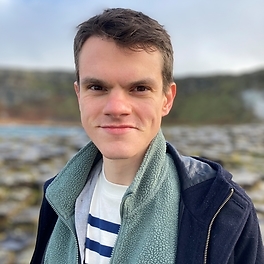
© private
Nathaniel Darling is studying for an MPhil in Population Health Sciences, with a specialization in Health Data Science, at the University of Cambridge. His current research focuses on modeling and understanding variations in age-specific influenza mortality, particularly during pandemic years. Previously he studied for an MSc in Economic History at London School of Economics and Political Science.
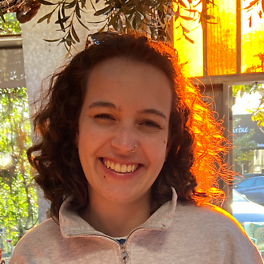
© private
Zoé Haskell-Craig is a fourth-year doctoral student at the New York University School of Global Public Health, pursuing her degree in public health with a concentration in biostatistics. Her work is at the intersection of health disparities and measurement error, with a particular focus on improving exposure measurement for environmental and climate change exposure. Her research draws on methods from algorithmic fairness, causal inference, and spatial and climate statistics. Zoé received a BSc in physics and a BA in social and political history from Carnegie Mellon University (2020).

© private
Jiaxuan Li is an MPhil student in the department of Sociology at University of Oxford. His research primarily focuses on utilizing quantitative methods to explore issues of social stratification, homeownership, and class consciousness. He is also collabratively working on monitoring global digital gender gap using computational methods and social media marketing data. He holds an LL.B. in Sociology from Nanjing University.
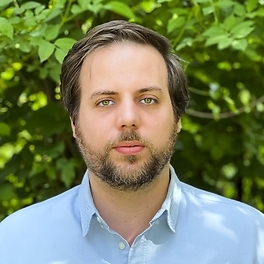
© private
Gergely Mónus is PhD student in sociology at Corvinus University Budapest. With a background in architecture, sociology, and statistics, his research interest lies in modelling urban populations and their interactions. His PhD thesis deals with how network models of internal migration can be used to understand urban development.

© private
Abbie Robinson is a first-year PhD student in Rural Sociology and Demography at the Pennsylvania State University. Her research interests center around environmental change, migration, and health. She holds a dual-title MS in Rural Sociology and International Agriculture and Development from the Pennsylvania State University. Prior to graduate school, she was a Peace Corps environmental conservation volunteer in Paraguay.
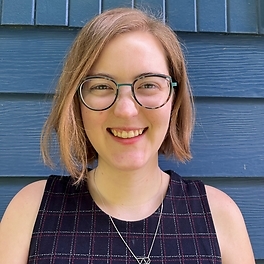
© private
Sara Ronnkvist is a Sociology PhD student and a Center for Demography and Ecology (CDE) predoctoral fellow at the University of Wisconsin – Madison. Her research broadly studies demographic responses to environmental change in the US and sub-Saharan Africa. More specifically, her work investigates how exposure to environmental hazards may influence fertility, migration, or employment patterns and how context may shape these relationships.
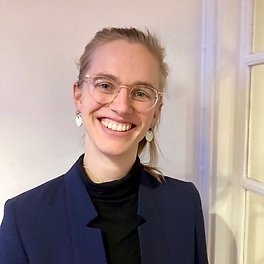
© private
Alexandra Rottenkolber is a PhD candidate at the Institute for Analytical Sociology, Linköping University, Sweden. In her past work, she has used a variety of methodological approaches - ranging from natural language processing to network analysis - to study attention dynamics in parliaments, the digital development of nations, as well as gendered patterns of behaviour online. In her PhD, she is working on a project that aims at understanding how occupational gender segregation comes about.
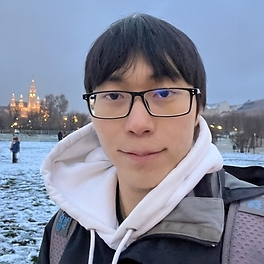
© private
Tianyu Shen is a PhD candidate in the School of Demography at the Australian National University. His PhD project centres on the analysis of social inequalities in health in the Asia Pacific region and the development of multistate models to capture population dynamics.

© private
Zoey (Xueqing) Wang is a PhD candidate at Princeton University’s Office of Population Research, where she is researching population aging with a focus on demographic change and social inequalities.